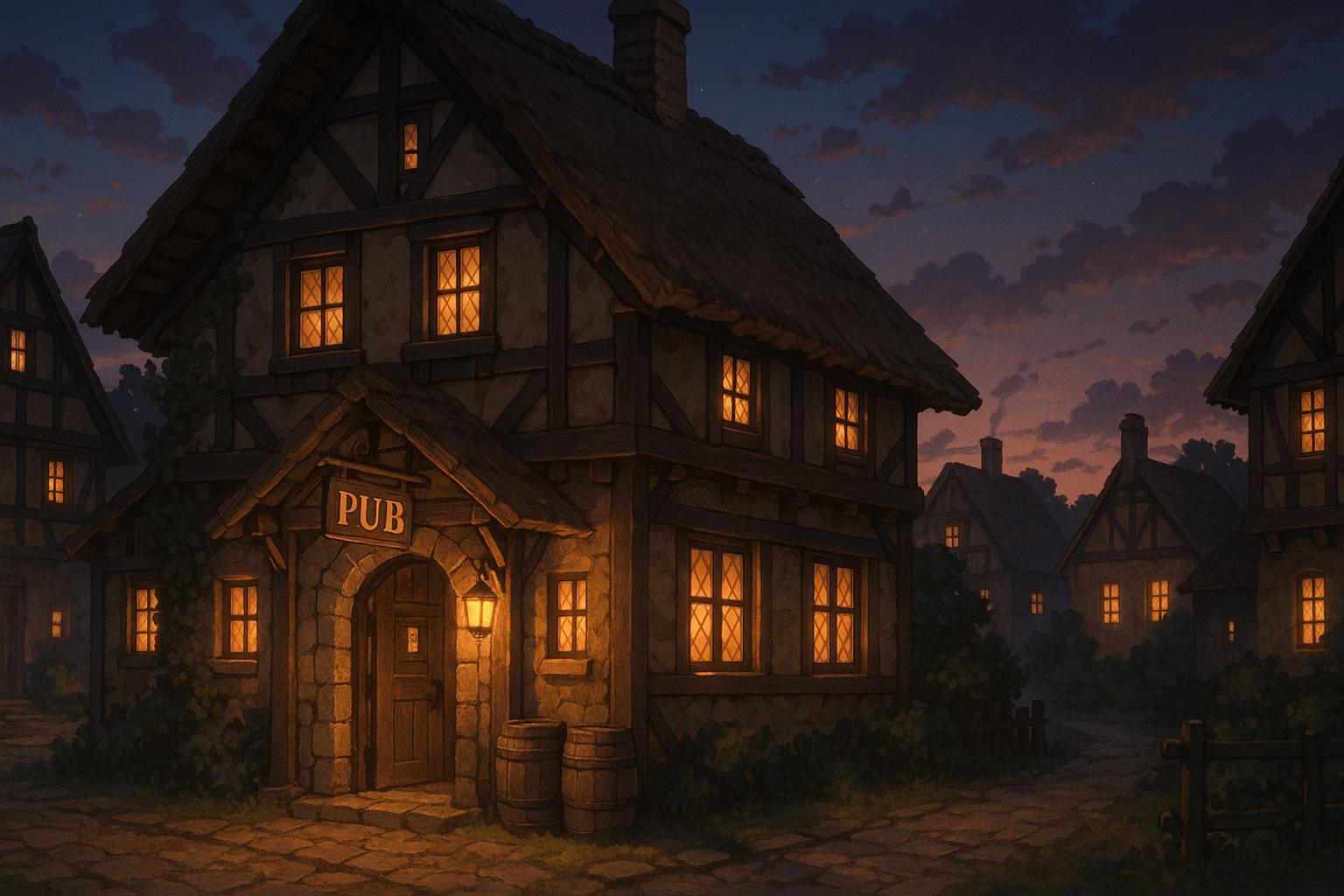Jeremy Clarkson has raised concerns about the erosion of community life in the United Kingdom’s rural villages, asserting that the loss of local amenities is diminishing their character and sense of belonging. Appearing in the new fourth series of "Clarkson's Farm," he highlighted the loneliness prevalent in these areas, attributing it to the closure of essential services such as village schools, police stations, and shops. The former "Top Gear" host poignantly stated, “If we end up at a point where there’s no village pub then what is a village? It's just some houses.”
Clarkson's comments resonate deeply within a broader trend affecting the fabric of rural Britain. Recent statistics indicate a troubling decline in the number of pubs across England and Wales, which fell below 39,000 for the first time in 2024. This marks a significant milestone in the history of British pubs, with six establishments closing every week, resulting in roughly 4,500 job losses nationwide. Rising operational costs, coupled with a cautious consumer spending mindset, are primarily responsible for this surge in closures. In many cases, these pubs are being repurposed into homes, offices, or even childcare facilities, which further alters the landscape of rural communities.
Among these changes is Clarkson's own attempt at revitalisation; he acquired a pub previously known as The Windmill, now dubbed The Farmer's Dog, in Oxfordshire for under £1 million. His investment reflects a desire to restore community spirit, where pubs serve not merely as drinking establishments but as essential social hubs. According to Clarkson, the pub should always remain the heart of the village, a sentiment echoed by many who value the role of local taverns in facilitating community interaction.
This sentiment is underlined by data showing that for every pub that closes, a ripple effect is felt throughout the local economy. Beyond job losses, the absence of pubs leads to increased isolation, particularly in rural areas where social connectivity is crucial. Without local gathering places, the loneliness that Clarkson describes becomes an even greater issue for residents, severing ties in communities where relationships are often built over a pint.
The fourth series of "Clarkson's Farm," which premieres on May 23, also introduces new faces to the farming team, including 24-year-old Harriet Cowan, who steps in while popular sidekick Kaleb Cooper takes a break. Viewers will witness not only the challenges Clarkson faces as a farmer, particularly in what is predicted to be a difficult year for agriculture, but also his exploration of rural life and its significance in fostering connections among villagers.
Clarkson’s ongoing commitment to promoting rural community life amidst these difficulties comes at a critical time. The narrative of struggling villages and the decline of local pubs adds urgency to discussions about preserving community identity in a rapidly changing socio-economic landscape. As Clarkson himself articulated, addressing the mounting loneliness and deteriorating community structure requires not only innovative solutions but a reinvigoration of the spirit of rural living—starting with the pubs that serve as their heart and soul.
With the increasing pressures that rural communities face, the fate of these vital establishments seems more precarious than ever. Yet Clarkson’s efforts may serve as a rallying point, potentially inspiring a renewed appreciation for the communal spaces that have long been the bedrock of village life.
Reference Map
- Paragraph 1: [1]
- Paragraph 2: [2]
- Paragraph 3: [1]
- Paragraph 4: [1]
- Paragraph 5: [1]
- Paragraph 6: [1]
- Paragraph 7: [1]
Source: Noah Wire Services
